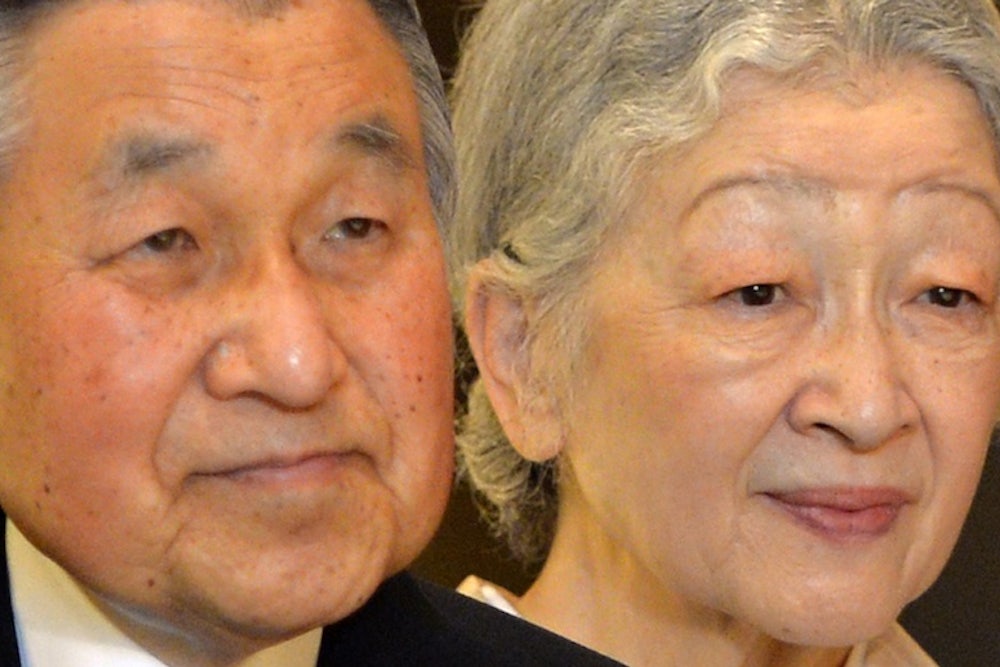Western newspapers have come up with some creative explanations for Japan’s dropping birth rate, many of which revolve around the (unsubstantiated) idea that Japanese people don’t like sex. In response to a recent report on the risk of depopulation, the Guardian asked, “Why have young people in Japan stopped having sex?” Time figures the Japanese “are too busy playing video games to get any.”
But as Beckie Smith at the Independent put it:
Every few months, as if to remind us what a disturbingly odd place Japan is, an alarming Japanese news story explodes online. Western media outlets clamber over each other in their haste to cover the story, with every report of bagel heads, snail facials or ritual head shaving being used as further evidence of a unique Japanese weirdness…. Earlier this year, widespread coverage of a supposed eyeball-licking epidemic among Japanese teens that turned out to be a hoax left more than a few editors red-faced.
There’s at least one study, though, that both stands up to investigation and points out something that’s meaningfully different in Japan: women’s experience of menopause. In the 1980s, the anthropologist Margaret Lock conducted surveys and interviews with thousands of menopausal women in Japan, the U.S., and Canada—and found that the North American and Japanese women were having entirely different experiences.
Many Japanese women reported no symptoms besides their periods stopping, and did not think of the menopausal transition as a particularly difficult time; the Japanese language does not even have exact translations for words like “menopause” and “hot flash.” Few Japanese women reported the symptoms middle-aged American women dread: 85 percent of American women, but only 12 percent of Japanese women, reported hot flashes. (If Japanese women did complain about something, it was usually stiff shoulders or dizziness—not symptoms American women typically expect.)
Genetics and diet probably play a role in the lower incidence of menopausal symptoms in Japan, but women’s experiences could also be a psychosomatic manifestation of different cultural attitudes towards aging: The Japanese medical establishment doesn’t pathologize aging to the same extent as Western biomedicine. Margaret Lock didn’t set out to convince us that the Japanese are weird—and maybe that’s why she ended up finding something genuinely interesting that, if anything, makes Americans seem weird.
